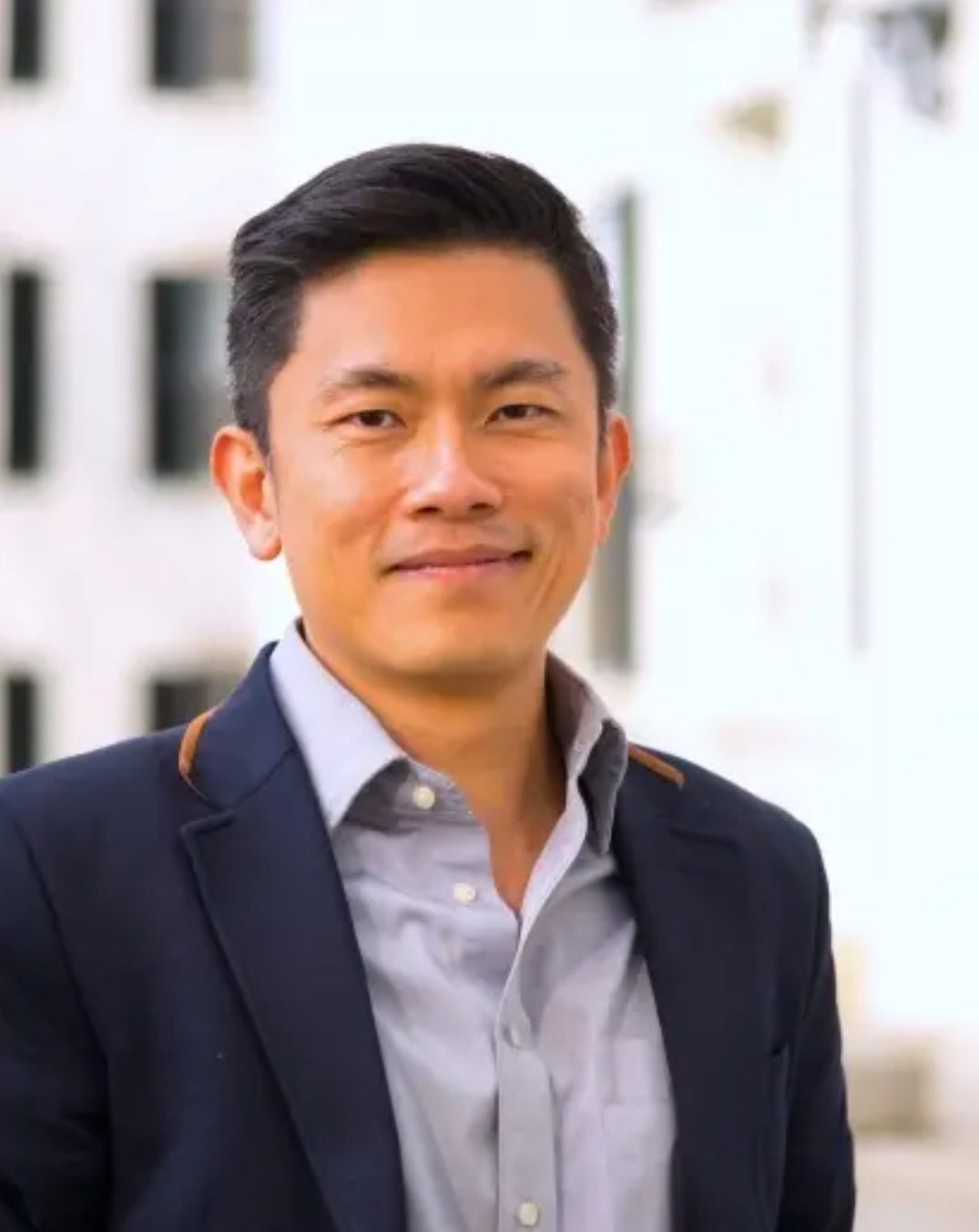Asian American Studies at Dartmouth
The prerequisite to fully making sense of Asian American Studies (AAS) in the Dartmouth Context is a basic understanding of the historical development of the discipline at Dartmouth. This might be best demonstrated with a list of the number of AAS courses offered per calendar year starting from 1990—the beginning of the time period our research has been focussed on. The complete AAS course count was compiled primarily thanks to the efforts of members of the Dartmouth Asian American Studies Collective, while the author of this section supplemented it with the data for the period from 1990 to 2003.
Course Count (Excerpt)
- 1990: 0
- 1991: 0
- 1992: 0
- 1993: 0
- 1994: 0
- 1995: 0
- 1996: 0
- 1997: 0
- 1998: 2
The first and only AAS courses offered at Dartmouth were Professor Vern Takeshita’s two survey courses on Asian American history. This state of affairs would remain until the fall of 2001, when Professor Woon-Ping Chin’s Introduction to Asian American Literature was first offered in the English Department. The situation has not seen any drastic change, even in the present day. The number of AAS or AAS-Adjacent courses taught per year has remained consistently in the single digits, with the highest recorded number being nine courses in 2021. The course count does not reflect a steady increase in the number of courses either, but rather a fluctuation thereof.
“It's almost like a chicken and egg question: How do you offer Asian American studies anything when we simply do not have institutional investment in this field?”
Eng-Beng Lim, Associate Professor of Women's, Gender, and Sexuality Studies
In the absence of institutional support, some students were resigned to filling these gaps in their education themselves. In 2018, a group of students, with Associate Professor Alexander Chee as their acting faculty adviser, organized a Student-Initiated Seminar on Asian American Studies for class credit. Though impressive, this episode does raise the question as to whether or not students should have had to rely on an obscure provision in the college catalog to study the foundational framework for a study of a community that makes up more than ten percent of the Dartmouth student body.

